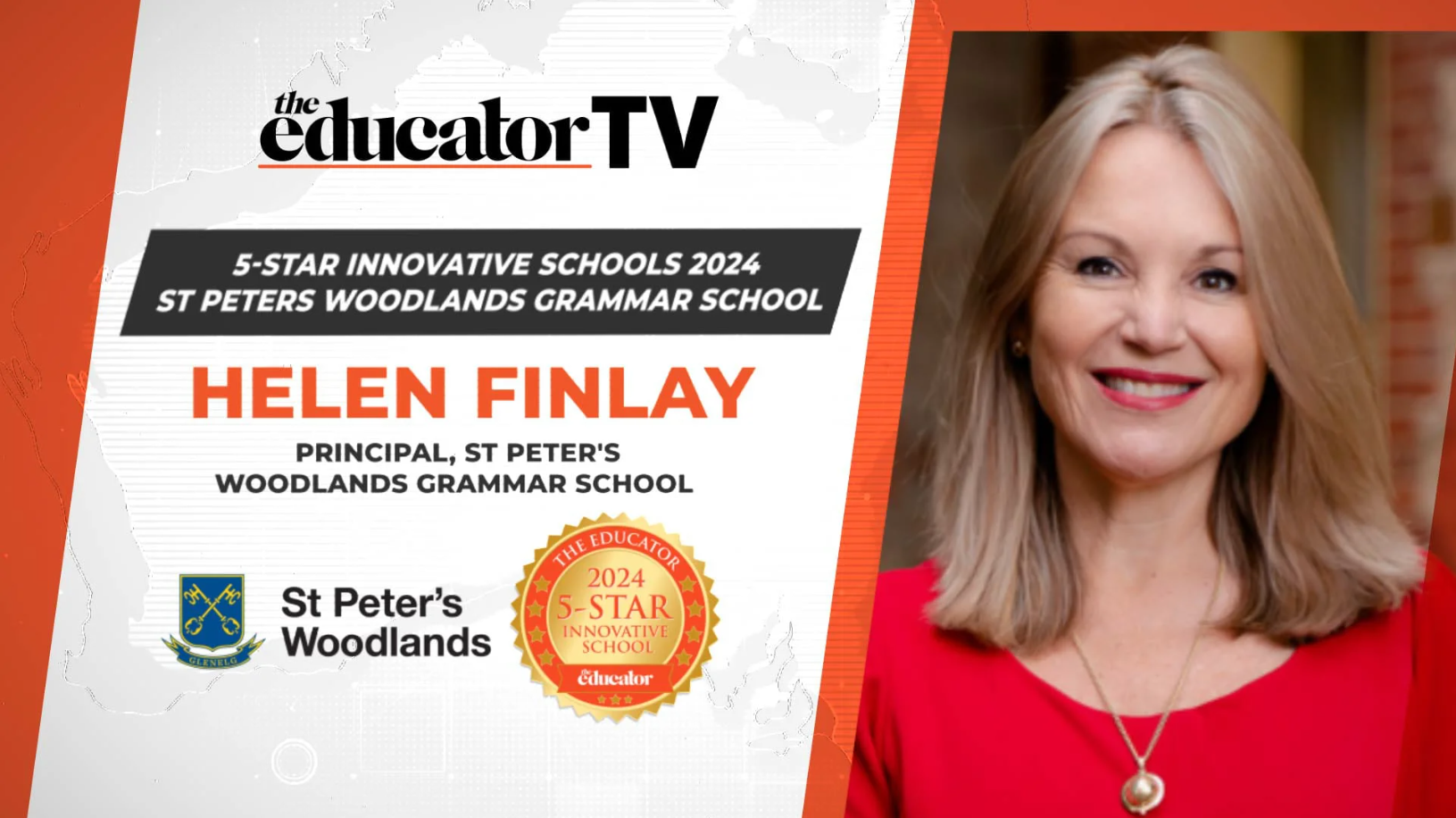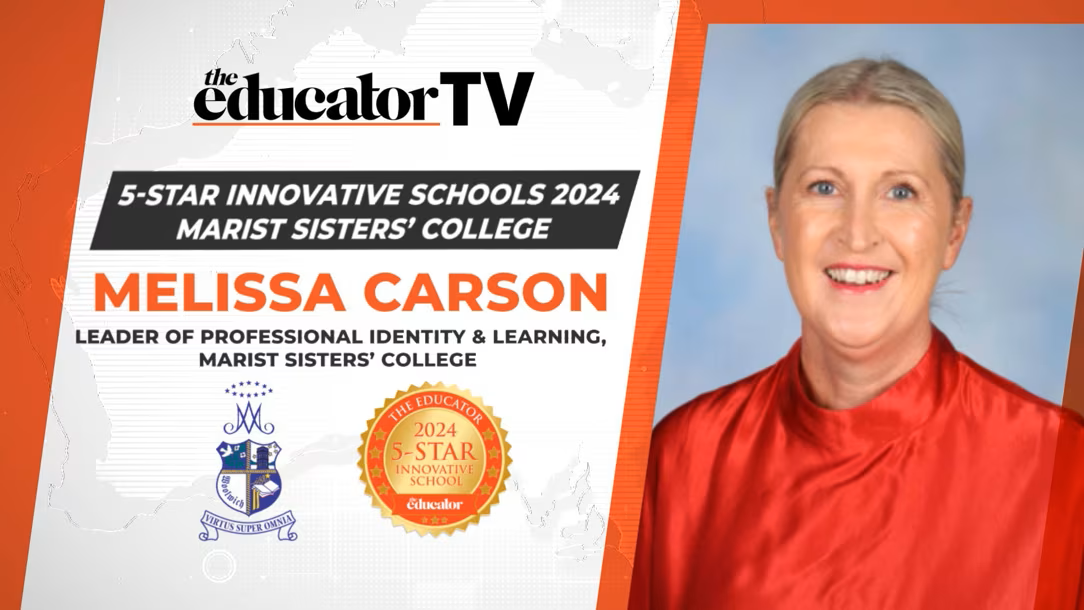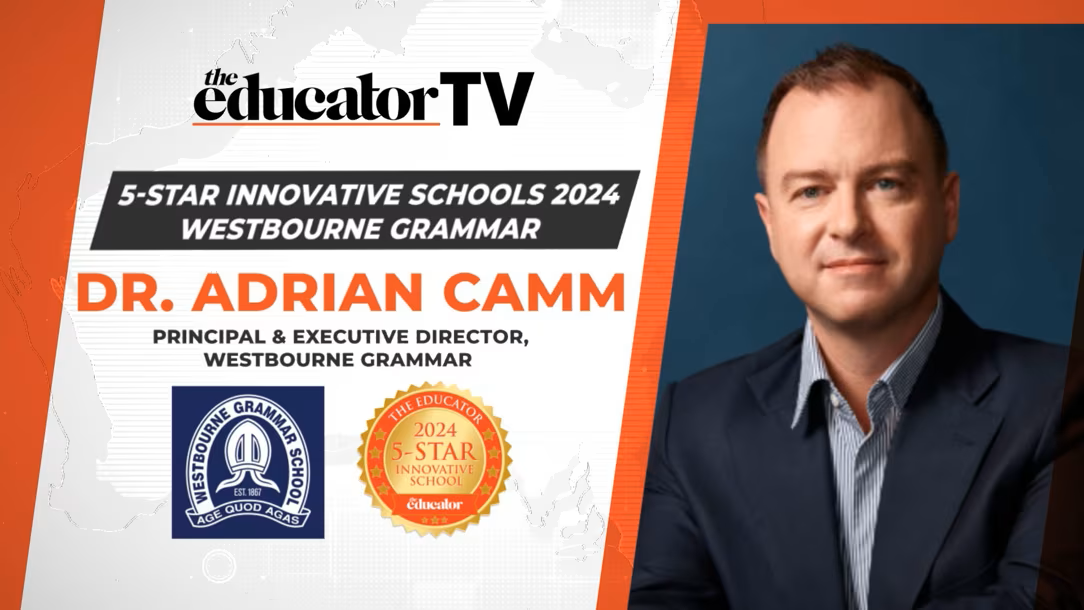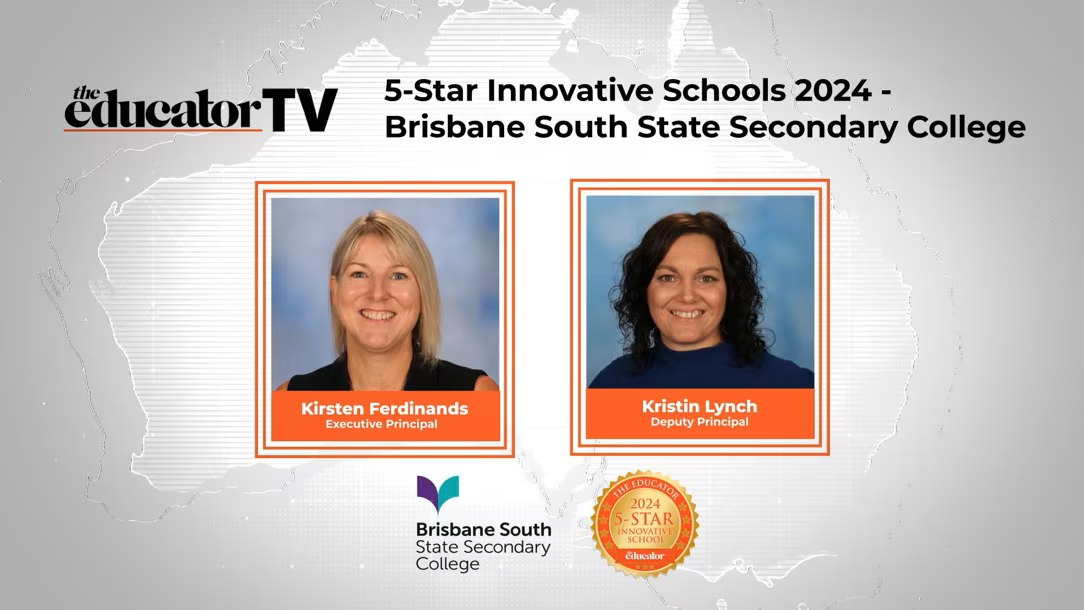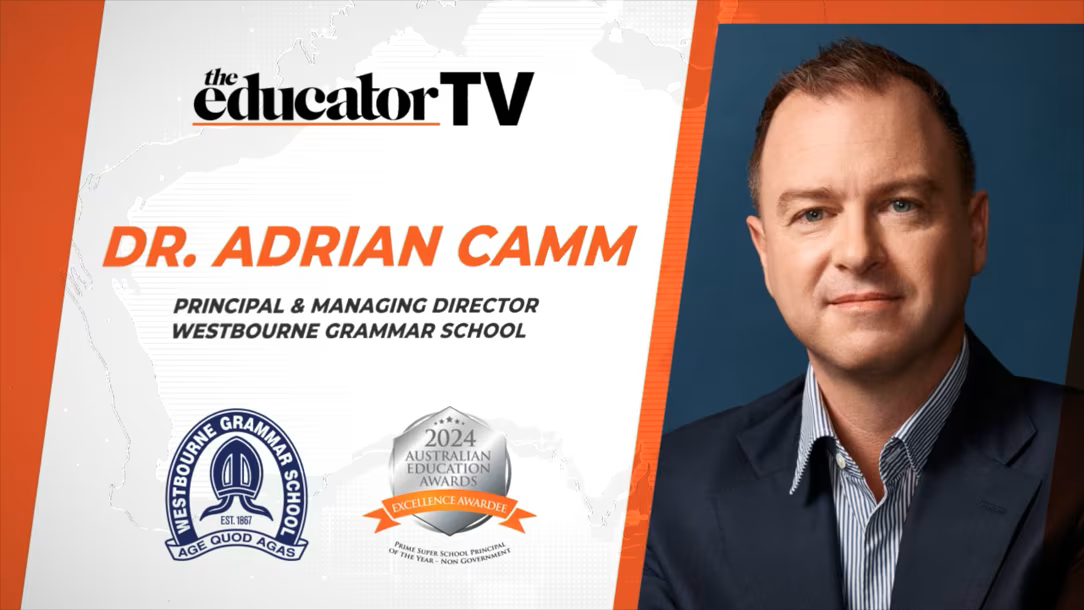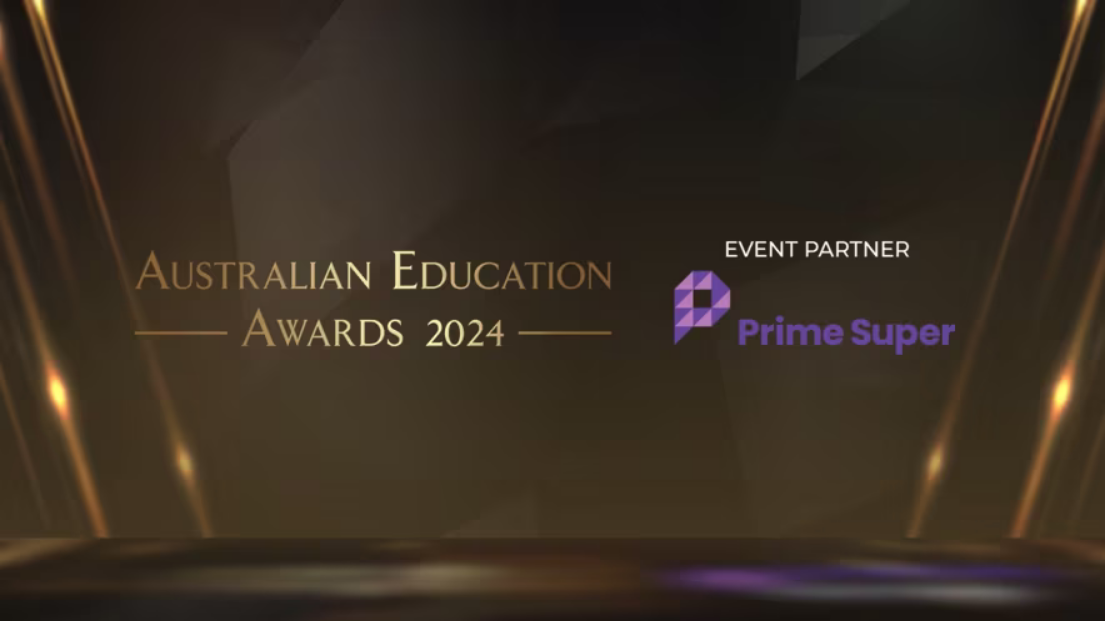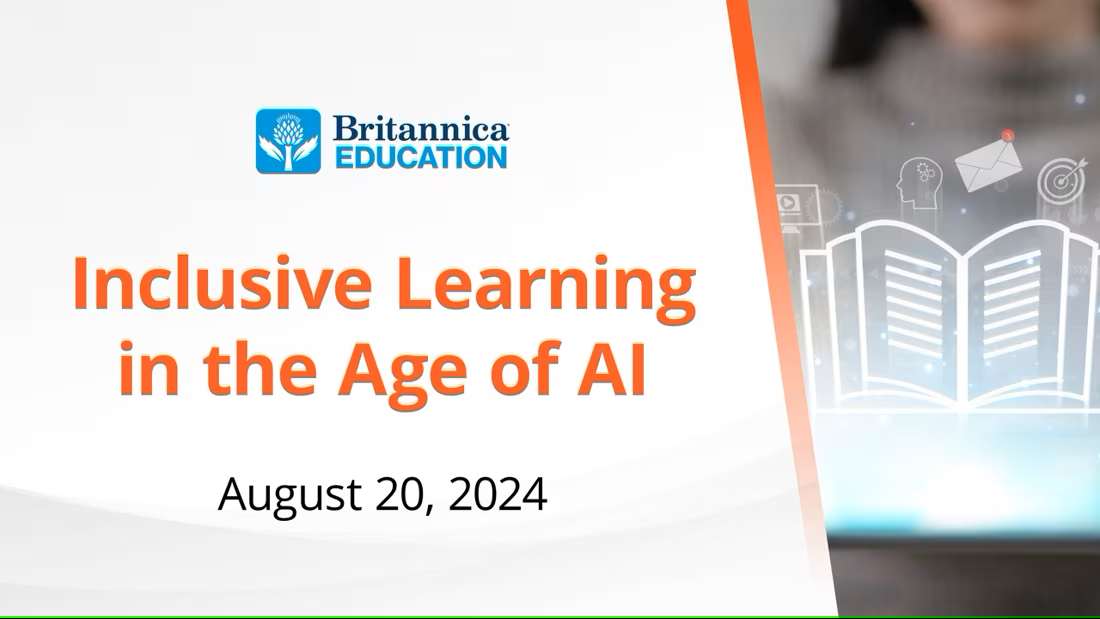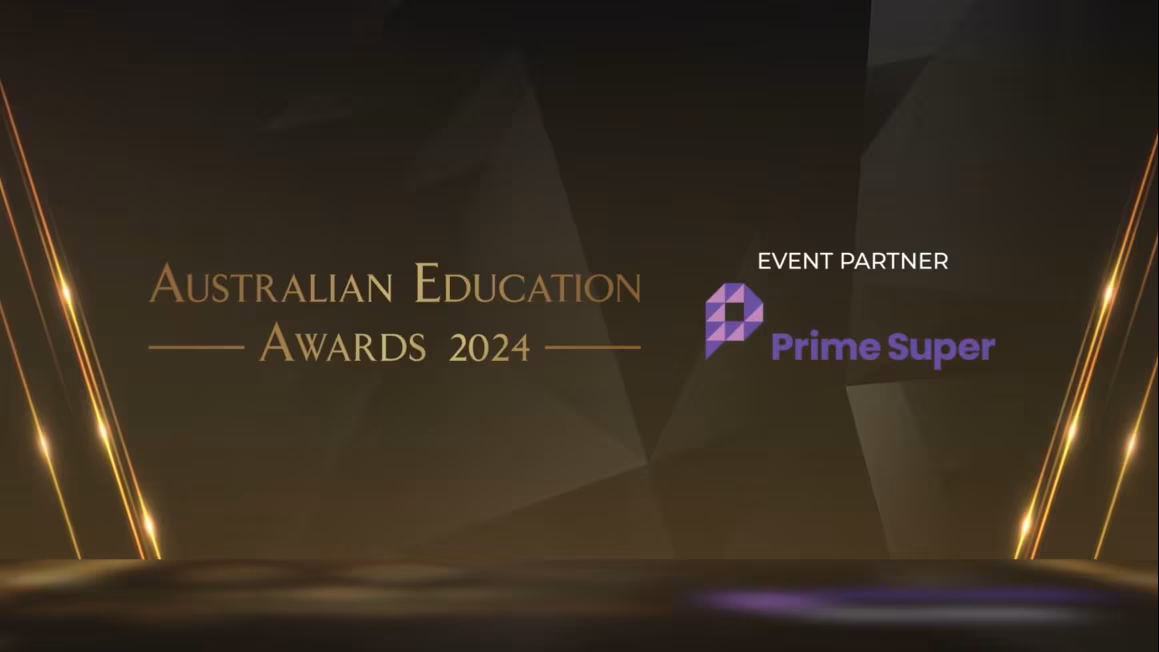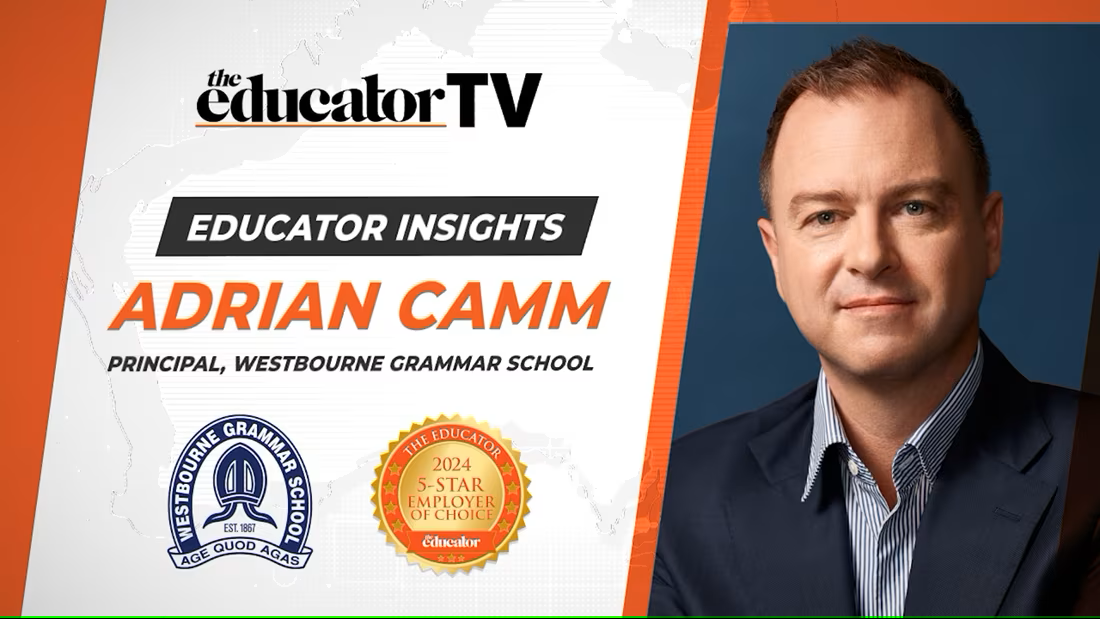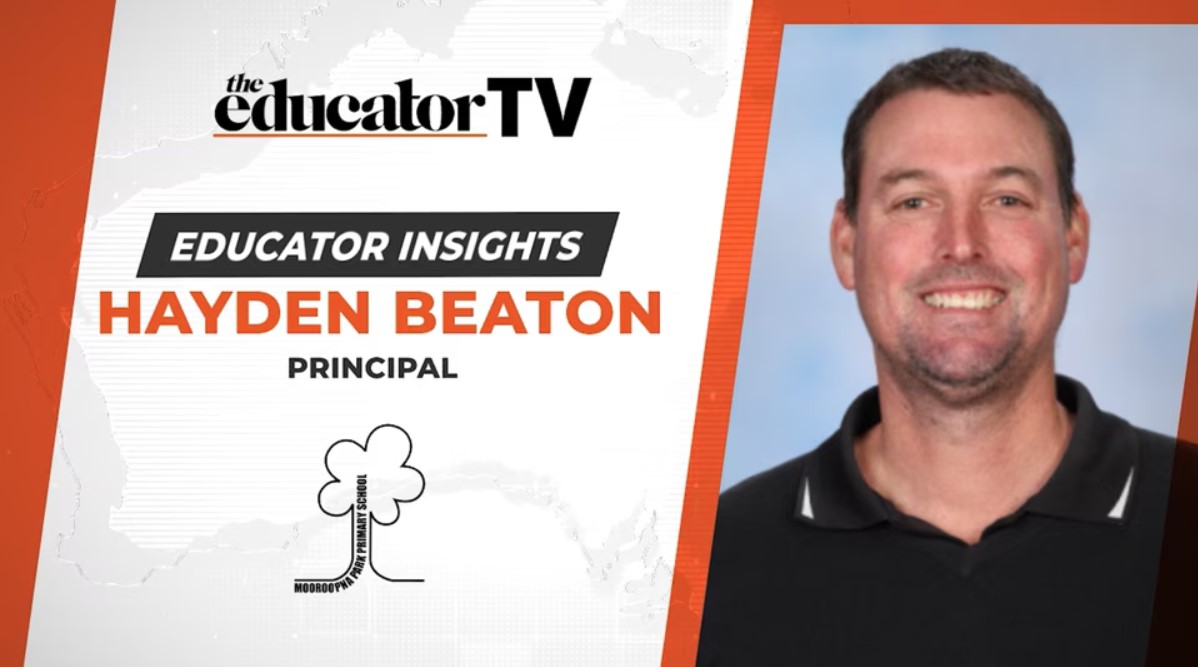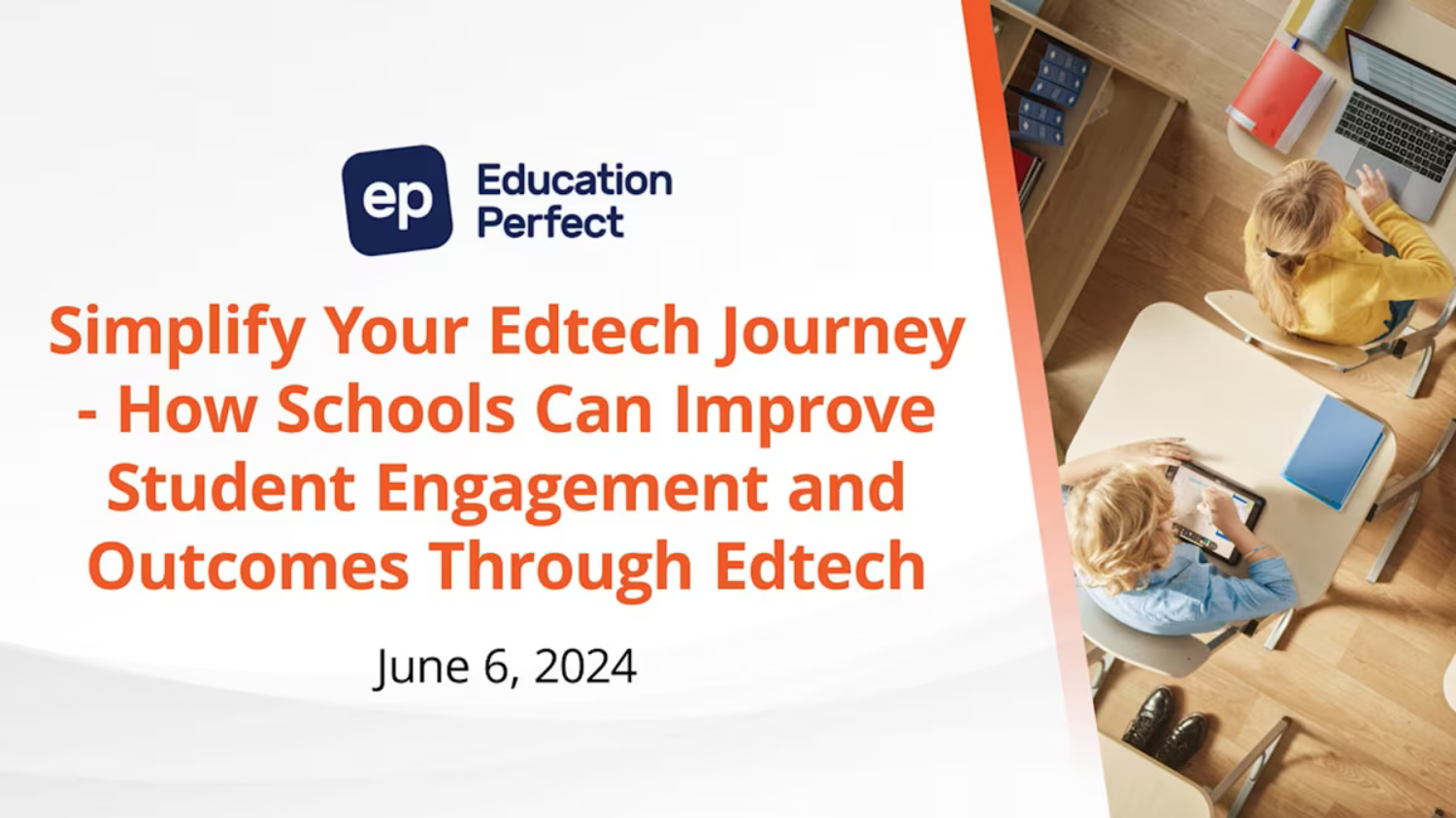Leading schools in digital transformation
In this interview, Salakis explores various digital initiatives to improve teaching and learning, highlighting the role of effective digital pedagogical practices in transforming classrooms across Australia and New Zealand.
To view full transcript, please click here
Kylie Speer 00:00:09
Hello and welcome to The Educator TV. I'm Kylie Speer and joining me today is Brett Salakas, Education Ambassador for Australia and New Zealand at HP. Brett has been named as one of the winners of The Educator's Most Influential Educators for 2024. Welcome to you, Brett, and congratulations on such a brilliant accolade.
Brett Salakas 00:00:32
Thank you, Kylie. Very happy to be here and very excited with the I guess the whole process but yeah, really, really pumped to talk to you today.
Kylie Speer 00:00:43
Well, firstly, Brett, even though you're an advocate and well known ed tech name, you're still focused on diverging tech to enable more humanity and fundamental connections between teachers and students in the classroom. How do you envisage that being achieved?
Brett Salakas 00:01:00
Yeah, that's a really good question. I think you're right in saying I'm super passionate about education, technology. And leveraging tech to be even more powerful, with our lessons with our learning with our teaching, are all that sort of stuff within the education industry, not just here in Australia, but globally worldwide. And that only really happens if we connect and we have relationships with the students in our care. I guess one of the big things that happens to be on the tip of everyone's lips at the moment is AI and what does aI mean in education? What does aI mean, for for teaching and learning? And my sort of sense is that as much as it's going to be huge, I guess advancements technologically with AI, and there's going to be all sorts of tutors and all sorts of personalization, no child that I know, no 15 year old on a 16 year old sits down and does linear equations, because a computer screen says let's do linear equations. They do linear equations, because the teacher up the front because Miss explained that or sir has sat down next to them and, and help them through it. So that that humanity that relationship, I think that's going to be absolutely more powerful than ever before. With all of the continuing advancements in technology.
Kylie Speer 00:02:23
Currently, you are HP's Education Ambassador in both Australia and New Zealand, what types of initiatives are you trying to inject into both education sectors?
Brett Salakas 00:02:33
Yeah, that's a really good question. For years, I have been, I guess, really passionate about advocating for digital integration and effective digital pedagogical practices in our classrooms, what this role is HBs education ambassador, allows me to do that, with the help of Intel are very, very closely aligned and supported by Intel, is to scale up that work and and really, that the focus is on two things. My work really is said about two things, one, finding wonderful exemplars of great digital practice, seeing where people need some support, seeing where people need some guidance, and being able to support amplify, echo out that wonderful stuff that is already happening. And then the other thing is really focusing in on good teacher training. And I guess, teacher upskilling and capacity building. So having some strategy around a school or a system, about really enhancing teachers skill set, so that they can make sure that any technology that's in their classrooms, actually is used to really maximize student learning outcomes.
Kylie Speer 00:03:48
A school you worked with berry springs public school in the Northern Territory, recently won a global and tech award. Did that surprise you? And what targets Did you attempt to achieve there?
Brett Salakas 00:04:01
Yeah, very springs are it is a fascinating, fascinating school. By the way, about an hour south of Darwin, backs on to the Northern Territory Wildlife Park. I always imagined that you can't jump the back fence at the School of the handball or the soccer ball or the will the footy goes over the fence because there's crocs in the in the rivers nearby and all that sort of stuff. It's like, like this cliche sort of Australiana that doesn't even really exist outside of the Northern Territory, right? It's so like, I imagined if an American TV show was going to make some sort of inflated over the top pop up, Australian quintessential thing berry springs would be sort of the school that they would model it on. But the the teaching practices there were probably very traditional approaches still be butchers paper up on the wall and you know, text is written everywhere, and we went on a little project with them, a project called reinvent The classroom and that's the name, I guess, reinvent the classroom of the initiative that I've been doing with schools across Australia and New Zealand. And over an 18 month period, we really did this huge uplift of our skill set of the teachers, they are now the only school in Australia with every single teacher at Adobe level two certified qualifications, they they've got various AI models running through the school to to enhance a teacher efficiency. But more than that, they've got a whole range of different I guess, activities and practices, where students are not just consuming some of the content that the teachers are making, but actually using technology to create things so where they would have written some stuff on like a written a prime minister report on a big piece of butchers paper, or on a three piece of paper with some textures, and the other embedding QR codes and writing or creating videos and, and doing interviews and, and linking with politicians like what we're doing today. So that they are really opening up to I guess, really contemporary practices. And because of that rapid change of different from very traditional methodologies to quite contemporary, the growth and improvement was was quite substantial, including the improvement of attendance and student engagement. So with all of the statistics that we were able to, I guess, put together to demonstrate just how much improvement there has been. Yeah, Berry springs, a little tiny berry springs, about 15 minutes south of Humpty do. Well, so is Humpty do like like proper in the middle of the territory, actually took out the global ed tech award for our best digital transformation and partnership in the world, like a UK based organization that the global edtech awards so fantastic to see one. Obviously a program that I've devoted a whole lot of my my, I guess professional energies to, but to seeing that Australian flag like really rising high in an international stage, but how awesome for berry springs to be the school that is doing that and just showing what Ozzie teachers and Ozzy kids can can really do.
Kylie Speer 00:07:25
You found yourself joining HP after building a grassroots reputation by creating hashtag Ozzy ed on Twitter now X, how important do you feel community and sharing of ideas is for Ed Tech's future success?
Brett Salakas 00:07:40
Yeah, I think I think you're right. I think one I'm I guess my superpower. If I if I had the thing that I do best is, is community building. That's what I that's what I love to do. I like bringing people together whether it's in my current role, whether it's on Twitter or on LinkedIn, or in real life. I love helping plugin difficult. Oh, you're you're expert at this up, you're interested in this. Let me let me connect you two together. That's what the Ozzy ad movement was about when it was on Twitter. That's what I kind of do now. But the reality is, I think that's the way community and connection and an open sharing. That's the way that we are going to make sure that at scale, we're going to have good pedagogical change. Because I guess, you I mean, AI is the perfect example of it. It's only like 18 months ago that we had Chet GPT, drop and launch and really revolutionize and change just how much I think I read an article not long ago saying that every week, there's two and a half 1000 new AI startups being registered globally in the tech industry. So there's no way that an individual teacher can keep up with the with the rate of change that is happening. The only way that we can do things is actually share practice that it's really effectively working and happening. So if if something in Tao of a teacher in Darwin, or a teacher in Hobart or a teacher in Esperance, is doing something fantastic. If we've got these platforms, here, we've got this ability to share. This actually works on my class, my students had greater engagement, my students had greater retention, you know, their marks went through the roof, those sorts of practices, sharing that so that other teachers can replicate that and enhance that. That's where we can really make an impact at scale.
Kylie Speer 00:09:34
And finally, Brett, your book, a mammoth lesson, teaching in the digital age has been a global hit. For anyone who hasn't read it. What message does it convey? And how did you turn that into creating your own education book publishing company, which is giving teachers a platform to release their own books?
Brett Salakas 00:09:53
Yeah, so a mammoth lesson. Actually, I'm a primary school teacher by trade. So I love telling Stories, right? So the first part of a mammoth lesson is a is a lovely little anecdote, a little metaphor. It's actually a group of people, a family of people, the yoga dip, people sit in setting the Ice Age, these are Stone Age, sort of people, and they hunt mammoth. And they go out, and they've got six core curriculum that uses the acronym Spees SPE ARS. And they're the six core foundations of of the, I guess the, the knowledge and the wisdom that the elders or the older hunters passed down to the to the younger hunters. And when you know, mammoth are hard to catch up on, it takes a big effort in you've got to be able to be effective at it doing that. And at the start of the story, they go out, they employ this knowledge, and they catch effectively the last mammoth, but they didn't know that it was the last members. So you've got these clash within their little society, you've got this established curriculum that is being handed down from the oldest to the young hunters. And then now you've got these young hunters going out in the world to hunt because still got to eat, still got to eat, going around the world to hunt, but their lessons that they've been taught, weren't really applicable to the world in which they are going out to hunt. So I guess it's a metaphor for our our curriculum, what are we doing that maybe we need to make sure that in a digital world have we adapted our curriculum enough that our youth are going out into the workforce with the right skill sets with the right curriculum with the right lessons with the right learning, to allow them to successfully hunt down the you know, the best jobs, the best careers that that the things that will allow them to set up successes for their families? And I guess the lesson, the mammoth lesson itself was, whilst the techniques to hunt, I remember, might be different techniques to hunt other prey. The underlying principles of the hunt are still the same. And I guess that's our challenge. Now, our curriculum may have changed from from the 60s or 70s, to 80s, or 90s. But the underlying principles of Teaching and Learning need to stay the same, even in this sort of AI in his high tech world. And I think that's a it's a lesson that we need to know. But it's a conversation that we don't always have that that what is it that is our core value as Australian educators what is it that we want to pass on to the future generations so they can be truly successful in Australia and globally. And I think we need to really clarify it honing in on what those values are. So that irrelevant of if it's AI, or VR, or whatever that technological change is, those core underlying principles are still what we're passing on. And I was yet really surprised to see that it was such a success, particularly over in North America. But it opened up the opportunity for me to set up a little boutique publishing house and let other Australian educators find their find their voice and share their stories on the global stage.
Kylie Speer 00:13:15
Brilliant, well, congratulations once again, Brett on your clearly well deserved award. It was really lovely speaking with you.
Brett Salakas 00:13:23
Now and likewise to you. Thank you so much. It's always a little bit. It's very an Australian visitor like it's, it's a bit of a it's a funny sensation. You do a lot of what you you're doing and like I said, I'm very community driven, that it always feels a little bit funny and awkward whether it suddenly becomes a little bit about you but but look, thank you so much for the accolade and it's wonderful to be able to tell the story because in telling the story. We can actually build even larger communities and help each other too.
Kylie Speer 00:13:55
Absolutely and thank you, of course to our viewers for watching the latest episode of The Educator TV. We look forward to seeing you again soon.



